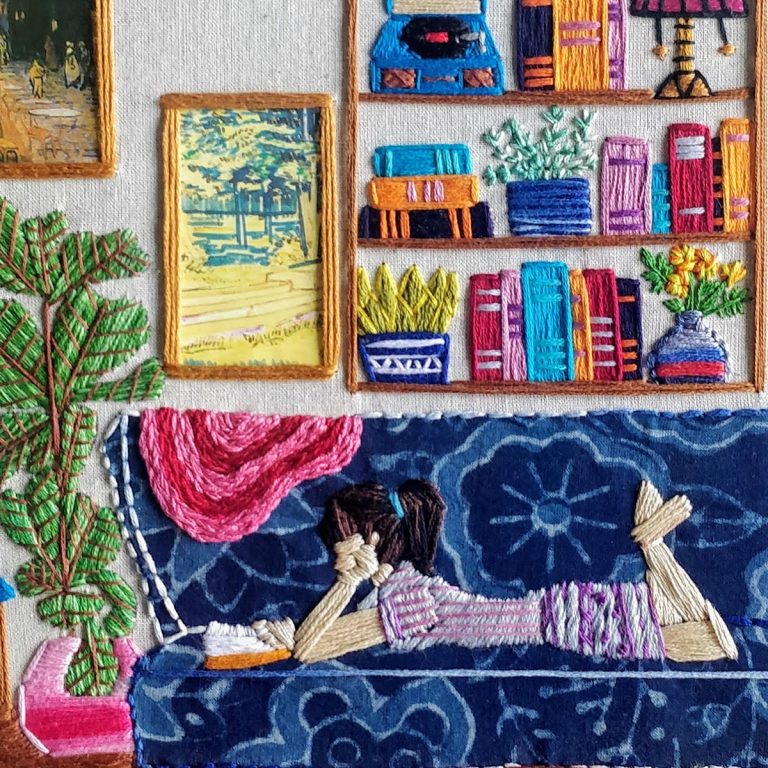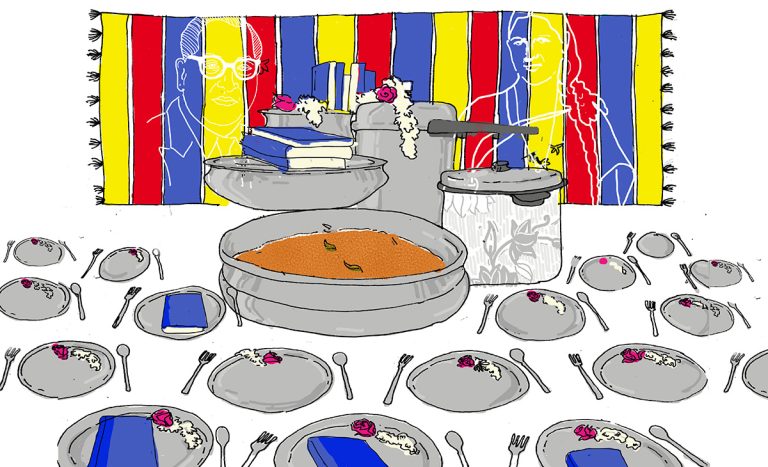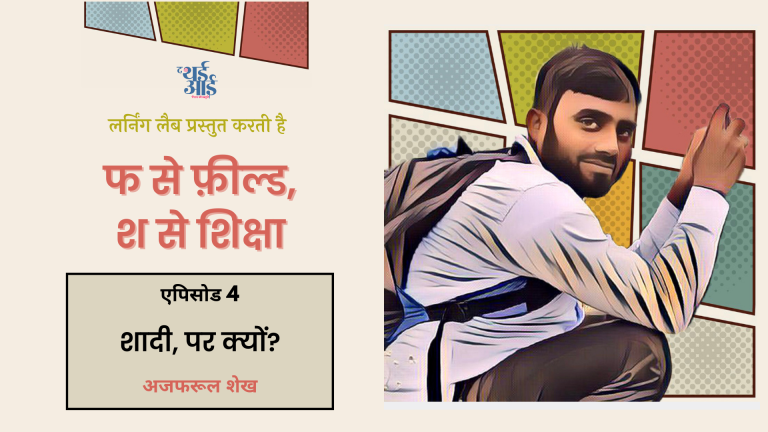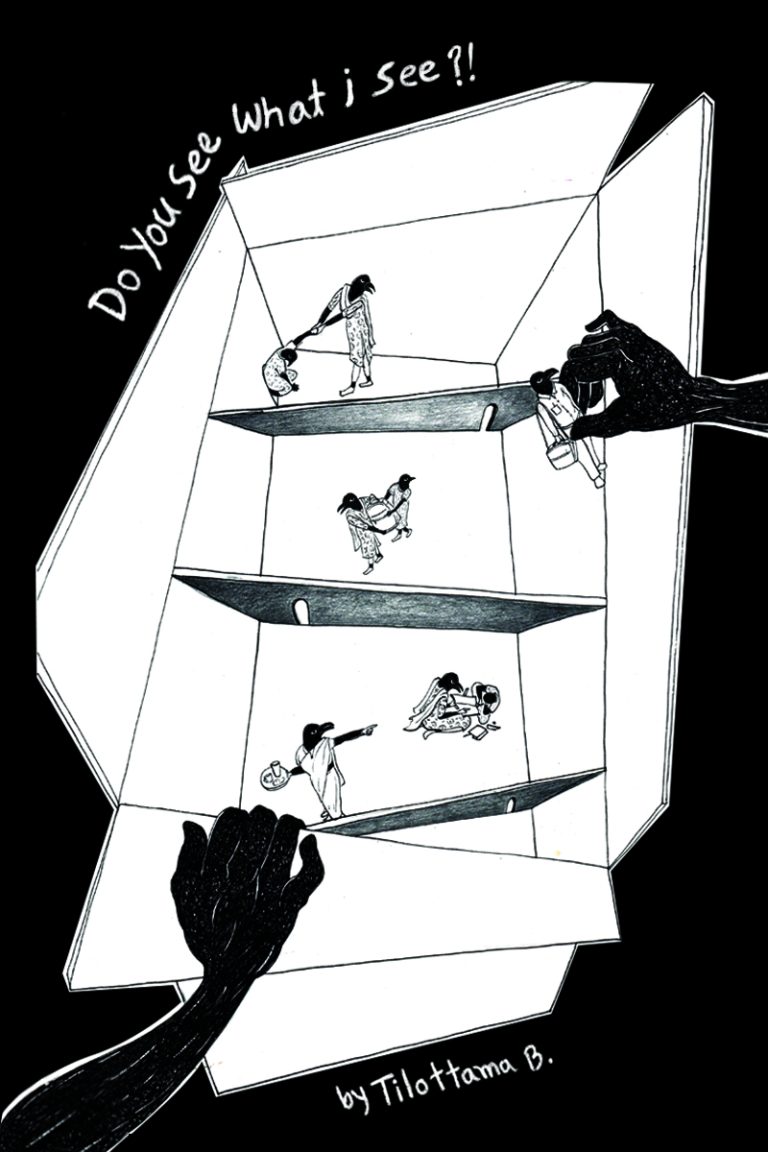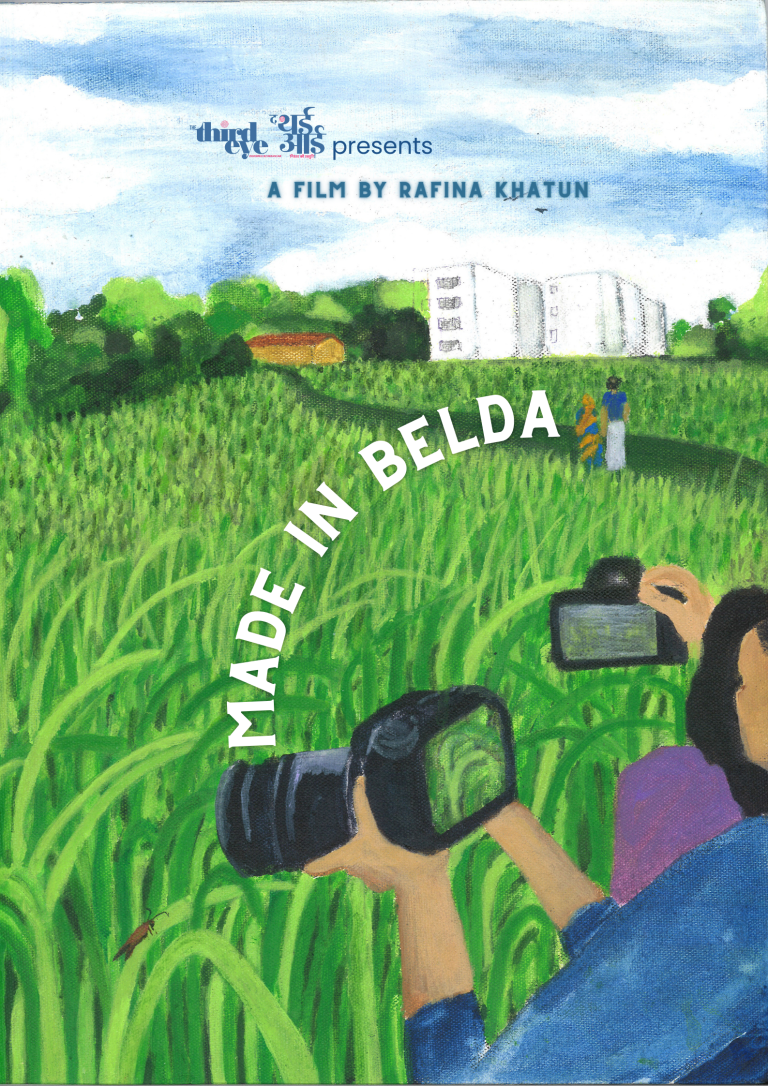
फ se Field, श se Shiksha: Ep 7 Hostel Diary – Jio WiFi Ka Tower
As Vikas walks from his own Khatri Hostel to the Oswal Hostel for high speed movie downloads using a newly installed Jio tower, he observes how caste, class and gender divide access to spaces in the city, offline and online.



